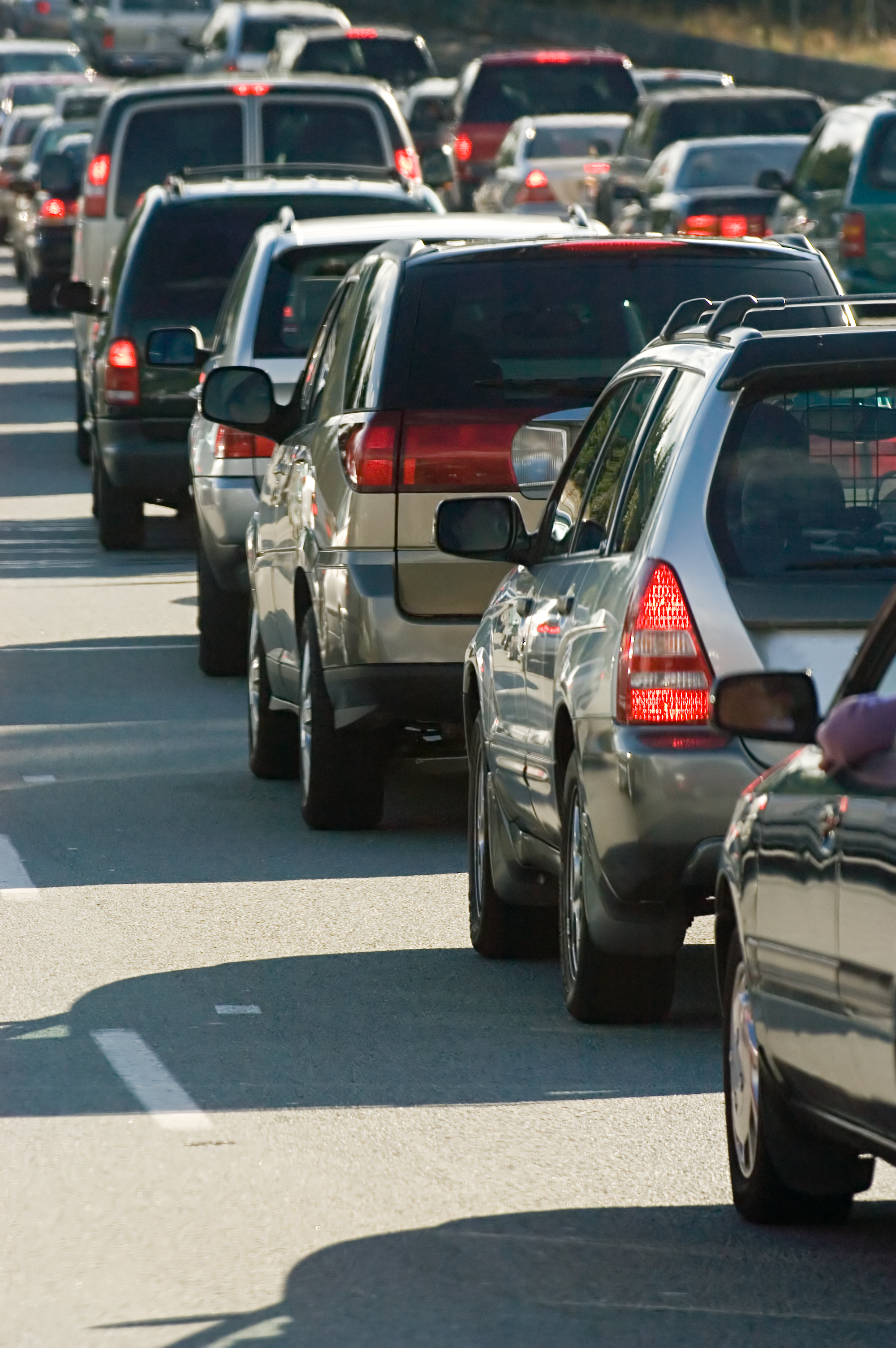If you’ve been injured in a car accident, you may be wondering what you’re entitled to recover. Victims may recover damages caused by the other driver. In Texas, there are two types of damages, actual and exemplary. Actual damages are to repair a wrong or to compensate for an injury. Exemplary damages are awarded as a penalty or to punish the wrongdoer. Typically, exemplary damages are only recoverable in cases involving fraud, malice, or gross negligence and I will discus them at another time.
Actual damages are recoverable in most car accident cases and are divided into two sub-categories, economic and non-economic damages. Economic damages are intended to compensate for any financial loss that can be measured. Non-economic damages are intended to compensate for any physical pain, mental anguish, and all other non-financial losses other than exemplary damages. The following is a breakdown of the most common types of actual damages.
Economic Damages
Often times, car accident victims’ main concern is their economic damages. They have been injured, unable to work, and have mounting medical bills. Insurance companies take advantage of this when negotiating. They force victims into settling at a lower amount. That’s why it’s important to hire a car accident lawyer as soon as possible. The following is a list of economic damages a victim may recover.
- Medical Expenses – A car accident victim can recover damages for past and future medical care. This includes hospital care, ambulance trips, emergency room care, doctor’s services, and surgery. Victims often forget or don’t know how to evaluate their future medical expense. The most common way to evaluate future medical expense is by a victim’s past medical care, particularly their medical records. As such, it is important that victims tell their healthcare providers to document their future treatment and condition.
- Lost Wages – Car accident victims can recover for past and future lost earnings. Past lost earnings include wages lost from the time the accident occurred until a settlement or verdict is reached. Future lost earnings, also called lost earning capacity, may be awarded if victims’ show their ability to earn a living is diminished. A victim may still recover future lost earnings even if they were unemployed at the time of the accident.
- Property Damage – Car accident victims may also be awarded compensation for the replacement or repair of any property damage. This includes damages to the car and any property inside the car. For example, if an iPhone broke as a result of the car accident, a victim may be compensated for replacing the phone.
Non-Economic Damages
Victims often overlook non-economic damages when negotiating with insurance companies. These damages can also be difficult to evaluate without an experienced car accident lawyer and is another way insurance companies take advantage of victims. The following is a list of non-economic damages a victim may be entitled to recover.
- Physical Pain and Suffering – A car accident victim can recover for past and future pain and suffering. The monetary value will be based on the nature and extent of the victim’s injury and how long they are expected to suffer. Examples of physical pain and suffering include pain from broken bones, constant headaches, and even lingering back pain.
- Mental Anguish – To recover mental anguish, a victim typically needs to prove more than mere anxiety, embarrassment, or anger. The victim would need to establish a substantial disruption in their daily routine. An example would be depression that keeps a victim from attending work.
- Disfigurement – Disfigurement is any injury or impairment affecting a victim’s appearance. This includes scars, burns, and/or amputations.
- Physical Impairment – Physical impairment is also referred to as loss of enjoyment of life. This includes the inability to participate in hobbies, sports, or other activities.
- Derivative Damages – Derivative claims are brought by family members of car accident victims.
- Loss of Consortium – Loss of consortium is typically brought by a spouse or child of the victim and is based on the loss of love, affection, protection, emotional support, companionship, and care.
- Loss of Services – Loss of services is attributed to the loss of household or domestic duties their loved one can no longer perform. These claims may be brought by a spouse or parent.
- Bystander – Bystander claims are brought by a “close relative” that witnessed the injuries to the victim. Typically, parents, spouses, and children are considered close relatives.
If you have been injured in a car accident, it is important to contact a car accident lawyer to properly evaluate your case. If you think I can help, give me a Call or Text at (214) 699-6524 or email me at awooley@wooleylaw.com for a free case evaluation.
For information on what to do after a car accident, check out my article, Four Steps to Take After a Car Accident.

